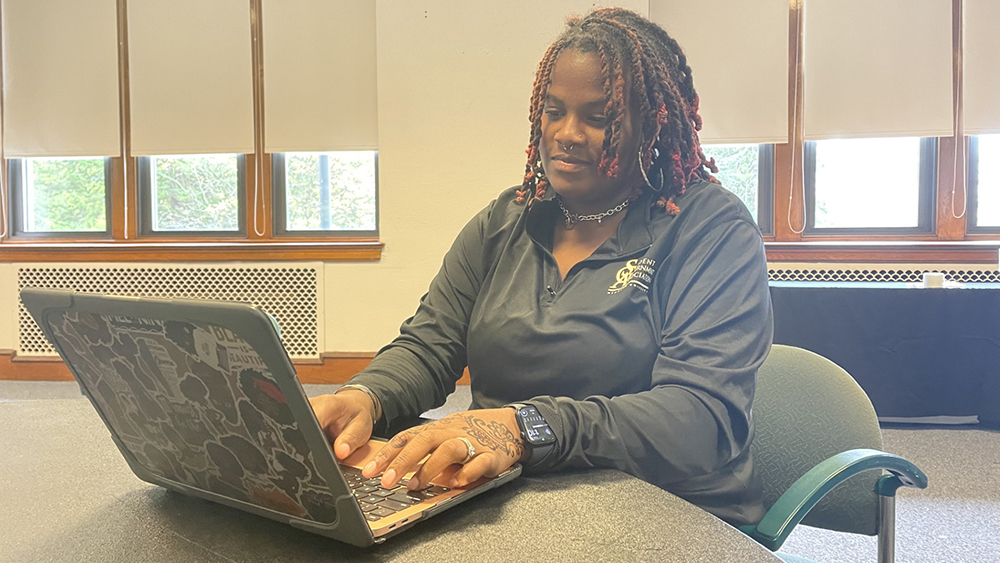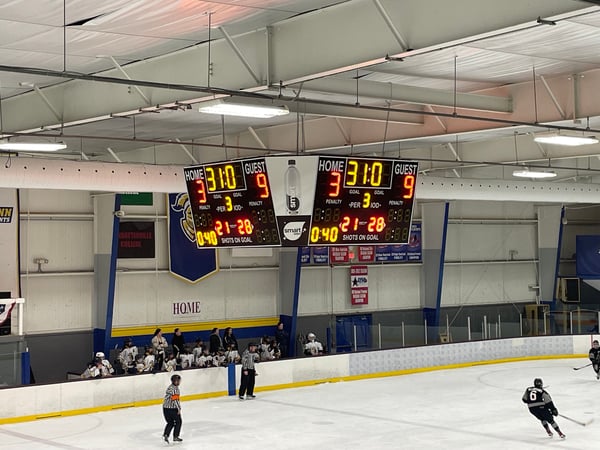Students residing in Cunningham Hall at Neumann University have recently found themselves facing a...
New Grading Scale Worries Some Bio Majors

Neumann University has been undergoing several changes since the beginning of the semester; (e.g. a new class schedule and no campus shuttle); however, one change that has stood out to many students is the change in the University’s grading scale.
Katie Barnes, the interim provost at Neumann, states, “When I arrived here at Neumann over a year ago, I discovered multiple grading scales at the university, and worked to rectify this situation by creating one universal grading scale that was consistent with those used nationwide.”
Recently after former Dean of Arts and Sciences, Alfred Mueller, parted with Neumann, the School of Arts and Sciences combined with the School of Nursing and Health Sciences.
Rather than keeping the science based majors separate, Barnes revealed that, “the reason behind moving to three schools was to combine like majors together, to promote increased collaboration between students and faculty.”
In addition, according to Barnes, the combining of schools also affected other majors, with math being moved to the School of Business, and humanities and social studies being moved to the School of Social Sciences, Humanities, and Education.
With the combining of schools, the grading scale for science based majors was changed to match the system used in the School of Nursing and Health Sciences.
Previously, the grading scale for core courses in arts and sciences contained a letter grade as well as a plus letter grade system. During the fall 2023 semester, the plus-minus system for letter grades began to be enforced.
Because of the changes to the grading scale, the points students can earn from each class has changed, and will inadvertently change GPAs for students.
Many biology majors have expressed their concerns, with Hannah Asaka, a senior Bio-MLS major commenting, “I personally believe that changing of the grading system is a great idea to hold students to a higher standard but I am unsure if changing the grading system for upperclassmen especially seniors is entirely fair. I understand that a certain GPA must be met in order to graduate but as a senior that maintained a GPA above a 3.0 for majority of my academic career I highly doubt that I would fall behind. I am taking eight higher level science class not including senior cap in which I am required to write a 10-12 page scientific research paper.”
With the utilization of the plus-minus system, GPAs are projected to be lower than previous years because of the quality points a student may receive from a class.
Asaka believes these changes will affect her major. “I believe that there will be many people that will drop out of the major rather than trying to pass,” she commented. “The MLS major is already small and I don't see the program growing in the next year or two because of this grading system.”
Some students have spoken about their concerns, with Salina Keita, a junior biology pre-med student, stating, “I feel like without it students felt more comfortable and more acknowledged with their grades but now it puts pressure on students because the minus might mean [that] students will feel like their grade is worse than what it may actually be.”
The pressure students now face as a result of the plus-minus system creates more competition among studies, while also creating a learning culture that enables and encourages students to seek help from their professors and other students.
Though there are many students who may feel discouraged by the grading system changes, others feel indifferent. Lanasia Boyd-Miller, a sophomore biology pre-med student, commented, “I don’t mind the new grading system because that was what it was like in my high school. I feel that it allows students who are not doing as well in certain classes to do better with a passing grade.”
Many hope for the grade scale to be reverted; however, Barnes stated, “[The] grade scale will impact students positively and … I do not see it reverting back. Our goal is to position Neumann for the future and align ourselves with other Franciscan institutions.”





